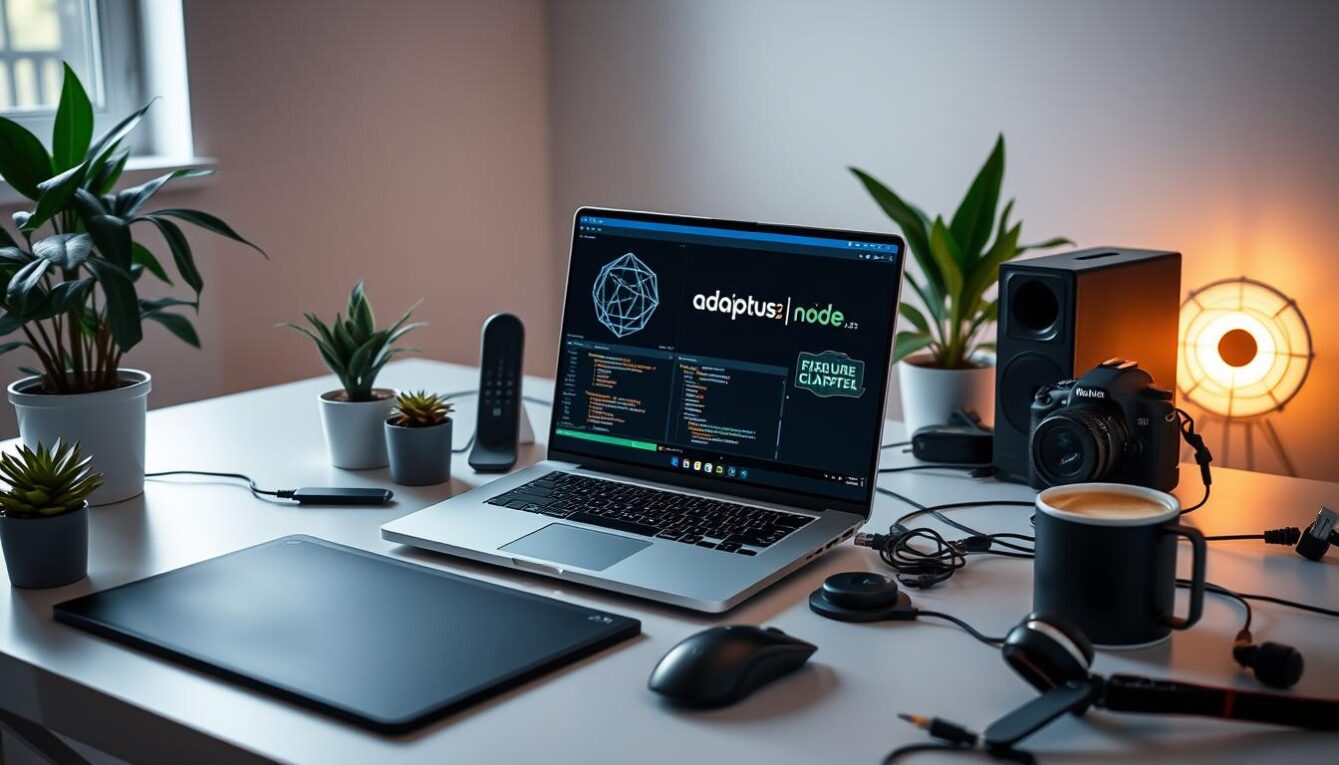DevOps has become an essential component of modern software development, and version control systems such as Git have become the backbone of DevOps workflows. However, as software development has become more complex, it’s becoming increasingly challenging to manage version control effectively. This is where GitOps comes in, providing a revolutionary new way of doing DevOps that streamlines version control and makes everything more manageable.
GitOps: The Revolutionary New Way of Doing DevOps!
GitOps is all about using Git as the single source of truth for both infrastructure and application deployment. This means that all changes to infrastructure and application code are made through Git, and these changes are automatically applied to the production environment. By using Git as the primary interface for deployment, GitOps eliminates the need for manual intervention, resulting in a more efficient and streamlined DevOps process.
GitOps is also highly scalable, making it ideal for large-scale deployments. With GitOps, it’s easy to manage multiple environments, such as development, staging, and production, with a single source of truth. This makes it easier to roll out changes across different environments, ensuring that everything is always up-to-date and consistent.
Say Goodbye to Chaos: GitOps is the Way to Streamline Your Version Control!
One of the biggest advantages of GitOps is the way it streamlines version control. With GitOps, all configuration and deployment workflows are stored in Git, providing a complete history of all changes. This means that it’s easy to see who made changes and when, making it easier to troubleshoot and identify issues.
GitOps also provides a way to maintain consistency across different environments. By using Git as the single source of truth, it’s easy to ensure that all environments are running the same code and configuration, reducing the risk of discrepancies and errors.
Finally, GitOps provides a way to automate many of the manual processes that were previously required for DevOps workflows. This means that developers can focus on writing code, rather than worrying about infrastructure and deployment, resulting in a more efficient and productive development process.
In conclusion, GitOps is the future of DevOps and version control. By using Git as the single source of truth for both infrastructure and application deployment, GitOps streamlines version control and makes everything more manageable. It’s highly scalable, making it suitable for large-scale deployments, and provides a way to maintain consistency across different environments. So, say goodbye to chaos and hello to GitOps, the revolutionary new way of doing DevOps!










